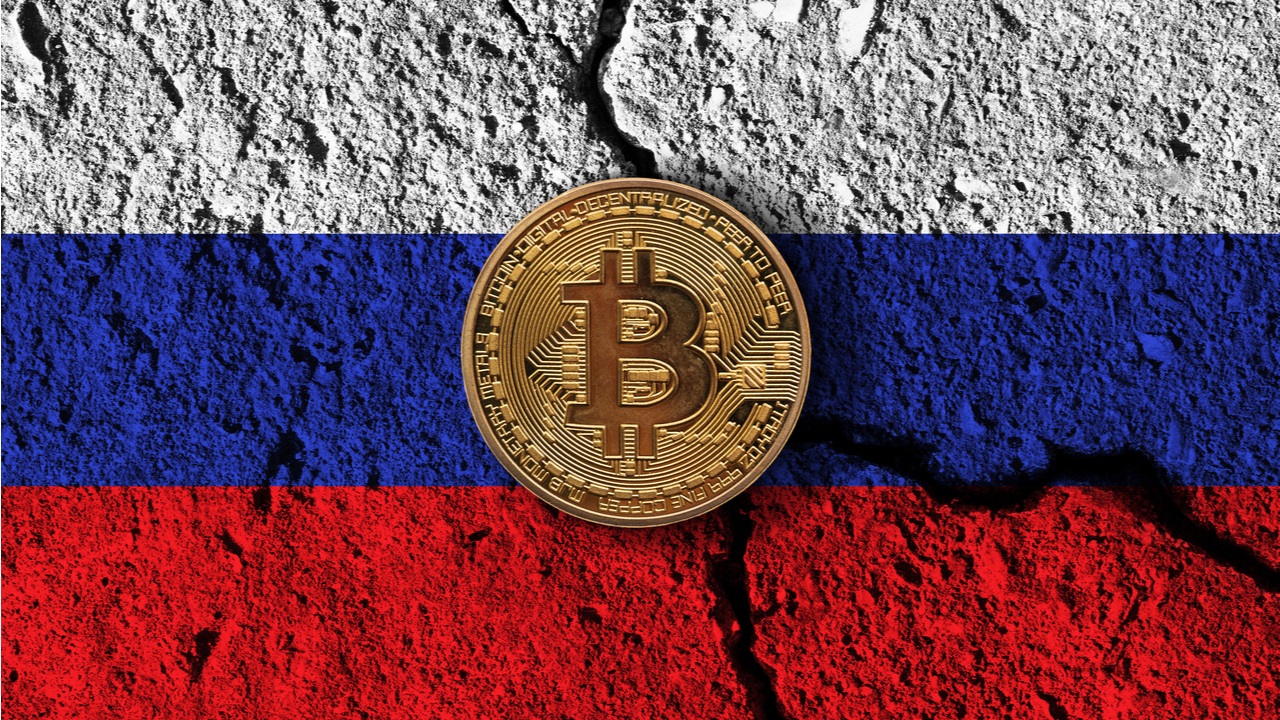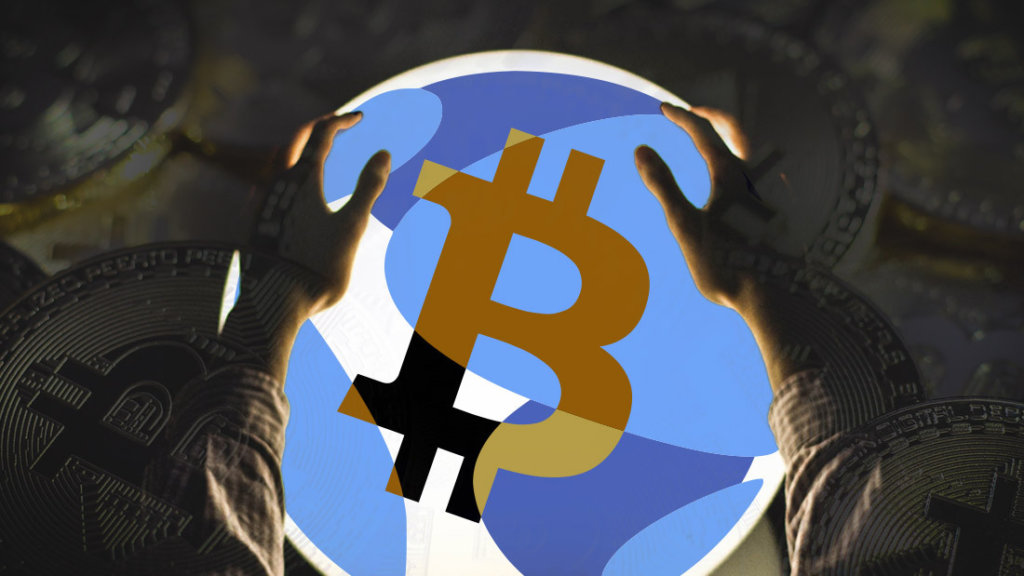Russia Aims to Bypass Western Sanctions with Crypto, Says Chainalysis
07.09.2024 11:00 1 min. read Alexander Stefanov
Blockchain analytics firm Chainalysis reports that the Central Bank of Russia (CBR) is spearheading efforts to incorporate cryptocurrency into the country's financial infrastructure, aiming to facilitate cross-border transactions and bypass Western sanctions.
New legislation enacted on August 8, which President Vladimir Putin has signed, now permits cryptocurrency mining and its use in international trade. Testing for crypto payments is set to start in September.
These legislative changes are part of Russia’s strategy to diminish reliance on the US dollar and explore alternative financial systems amid escalating geopolitical tensions. The CBR is also advancing its digital ruble, a central bank digital currency (CBDC) slated for a 2025 launch. Certified mining operations will be allowed to use digital currencies for international transactions.
Chainalysis highlighted that Russian cryptocurrency exchanges like Tetchange, 100btc, Bitzlato, Suex, and Garantex, based at the Moscow International Business Center, might be leveraged for these payment activities. Garantex, in particular, is noted for its substantial liquidity and could be significant under the new regulations.
Additionally, Exved, linked with InDeFi Bank and co-founded by Sergey Mendeleev and media figure Alexander Lebedev, has reportedly been handling import and export transactions even before the legislation’s formal approval.
Despite the complexities introduced by Russia’s evolving crypto landscape, Chainalysis maintains that blockchain transparency will remain a key tool for monitoring these financial activities.
-
1
Trump Imposes 50% Tariff on Brazil: Political Tensions and Censorship at the Center
10.07.2025 7:00 2 min. read -
2
Key Crypto Events to Watch in the Next Months
20.07.2025 22:00 2 min. read -
3
USA Imposes Tariffs on Multiple Countries: How the Crypto Market Could React
08.07.2025 8:30 2 min. read -
4
UAE Regulators Dismiss Toncoin Residency Rumors
07.07.2025 11:12 2 min. read -
5
Ripple Selects BNY Mellon as Custodian for RLUSD Stablecoin Reserves
09.07.2025 15:28 2 min. read
Two Upcoming Decisions Could Shake Crypto Markets This Week
The final days of July could bring critical developments that reshape investor sentiment and influence the next leg of the crypto market’s trend.
Winklevoss Slams JPMorgan for Blocking Gemini’s Banking Access
Tyler Winklevoss, co-founder of crypto exchange Gemini, has accused JPMorgan of retaliating against the platform by freezing its effort to restore banking services.
Robert Kiyosaki Warns: ETFs Aren’t The Real Thing
Renowned author and financial educator Robert Kiyosaki has issued a word of caution to everyday investors relying too heavily on exchange-traded funds (ETFs).
Bitwise CIO: The Four-Year Crypto Cycle is Breaking Down
The classic four-year crypto market cycle—long driven by Bitcoin halvings and boom-bust investor behavior—is losing relevance, according to Bitwise CIO Matt Hougan.
-
1
Trump Imposes 50% Tariff on Brazil: Political Tensions and Censorship at the Center
10.07.2025 7:00 2 min. read -
2
Key Crypto Events to Watch in the Next Months
20.07.2025 22:00 2 min. read -
3
USA Imposes Tariffs on Multiple Countries: How the Crypto Market Could React
08.07.2025 8:30 2 min. read -
4
UAE Regulators Dismiss Toncoin Residency Rumors
07.07.2025 11:12 2 min. read -
5
Ripple Selects BNY Mellon as Custodian for RLUSD Stablecoin Reserves
09.07.2025 15:28 2 min. read


